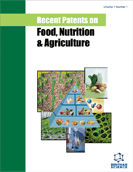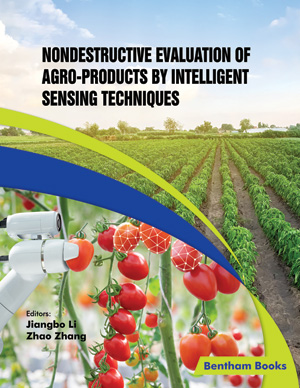Abstract
Vitamin C is an essential human nutrient obtained primarily from plant foods. Despite the necessity of the vitamin for human health and the essential role that it plays in plant stress resistance, it is only in the last decade that an understanding of its biosynthesis in plants has emerged. These fundamental discoveries present for the first time the opportunity to manipulate crop plants for improved human nutrition and enhanced agronomic performance and are discussed in relation to recent patents protecting aspects of vitamin C synthesis and degradation in plants. Vitamin C has a wide range of medicinal and industrial uses resulting in an annual market exceeding US$600 million. In recent years, there has been strong competition in vitamin C markets as a result of emerging Chinese producers and one response has been increased investment in research and development for the biological manufacture of the vitamin. Knowledge of the plant biosynthetic pathway has provided novel opportunities for the synthesis of vitamin C in yeasts, although successes have been limited to date. A more promising route is the direct synthesis of vitamin C in acetic acid bacteria and significant research and development has gone into the genetic improvement of appropriate strains.
Keywords: Ascorbic acid, fermentation, Reichstein process, Gluconobacter, sorbitol, sorbosone dehydrogenase
 22
22












